Five Companies That Came To Win This Week
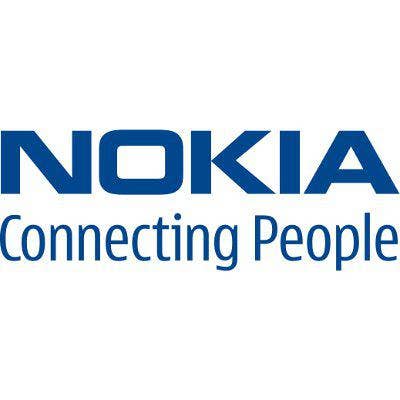
Nokia's Elop Doesn't Sugarcoat Mobile Market Outlook
Credit Nokia CEO Stephen Elop with telling it like it is. This week Elop described the Nokia's situation in the mobile space as akin to standing on a "burning platform" with threats looming on all sides. It was a frank assessment in an industry where highly varnished opinions are the norm, and showed that Elop is willing to act decisively to reverse the company's fortunes.
The first move along these lines came this week when Nokia and Microsoft formed a strategic alliance that will include building a new mobile device ecosystem to compete with entrenched mobile foes Apple and Google. Many will scoff at the partnership and joke about Microsoft and Nokia holding hands and marching together into mobile obscurity, but at least they're doing something.
Both companies once held a dominant share of the market but have lost their edge. Perhaps in this case, the result will be more significant than the sum of its parts.
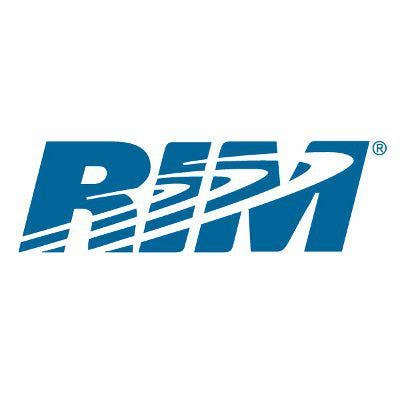
RIM May Get Aggressive With Playbook Pricing
An image of a purported Office Depot Webpage posted to Twitter this week shows RIM's Playbook tablet PC priced at $499, the same price as Apple's baseline 16G iPad with Wi-Fi. If true, RIM may have resigned itself to being aggressive on price in order to build market share for the Playbook. It's not an unwise strategy considering the success Apple has enjoyed from applying the same strategy. And it looks even better given that Motorola is reportedly planning to charge $799 for its Xoom tablet. In any event, we'll soon find out if pricing ends up being the way to slay the iPad juggernaut.
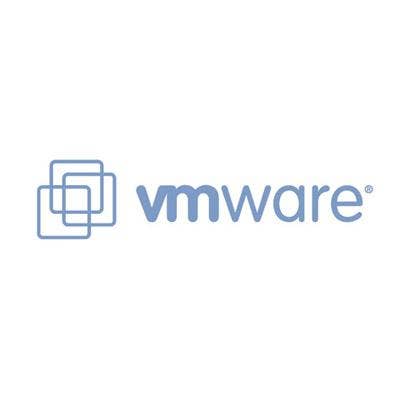
VMware Prepares Partners For Future Cloud Success
There were many themes of discussion at this week's VMware Partner Exchange event, but the most prevalent was that despite the booming business that exists today around virtualization, VMware partners will have even bigger opportunities in the cloud. Of course, partners will have to adjust and invest in new technology practices, but the returns will make it more than worth their while, VMware executives said.
"The IT industry is moving toward a post-Windows world," VMware CEO Paul Maritz told attendees.
Meanwhile, VMware also said it has ironed out kinks in its renewals process that were causing problems for partners last year. And renewals are now being added to the rebate package VMware partners get for licensing sales. Like California cows, VMware partners are happy campers because of the green field of opportunity that lies before them, but VMware isn't resting on its laurels and continues to improve its channel program.
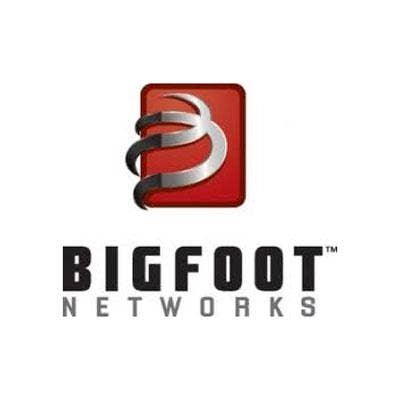
Bigfoot Networks Raises Its Profile With New OEM Partnerships
Austin, Texas-based startup Bigfoot Networks has partnered with OEMs Asus and Gigabyte to integrate its Killer network interface card (NIC) technology onto high-end motherboards.
Bigfoot's network card technology uses a dedicated network processing unit (NPU) to prioritize and manage a system's network traffic, removing any CPU bottlenecks and thus improving the network connection. The company, which was founded in 2006, originally produced pricey stand-alone NICs designed for the high-end desktops of hardcore PC gamers, but later moved down market into more affordable price points with the Killer Xeno Pro and Killer 2100 cards.
"These are big design wins for Bigfoot," John Drewry, Bigfoot's marketing VP, told CRN. "From our perspective, it always made sense to integrate Killer technology directly on to the motherboard. And now we have some of the biggest OEMs [in the motherboard business]."
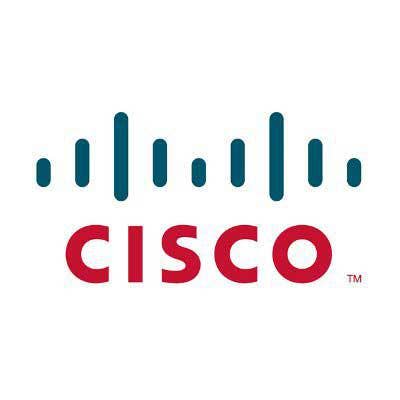
Cisco Gets Serious About Cloud Computing
Cisco Systems is gearing up to launch new cloud computing channel programs at its partner conference later this month, Jim Sherriff, senior vice president of U.S. and Canada Partners, told CRN this week. Emphasis will be on showing partners the ins-and-outs of building, operating and reselling clouds.
"We are not confused on whether we are going direct or trying to compete with you by building an outsourcing business or compete with you by creating our own cloud offerings to squash any opportunity you might have," he said. "Our go-to-market strategy is through you. It has been like that for 15 years and it will continue to be like that."